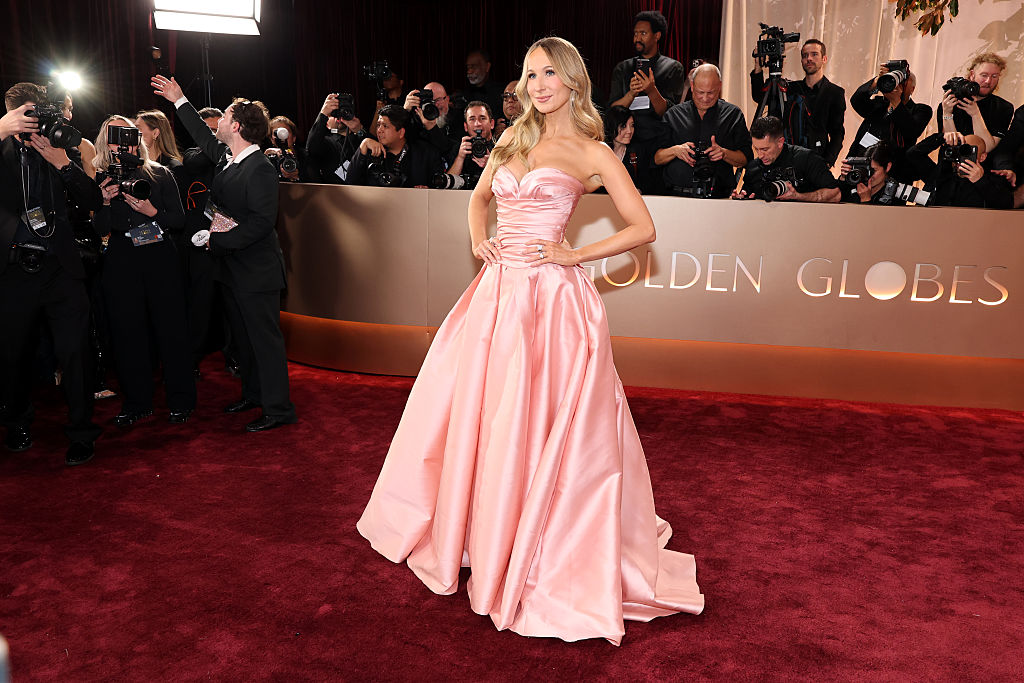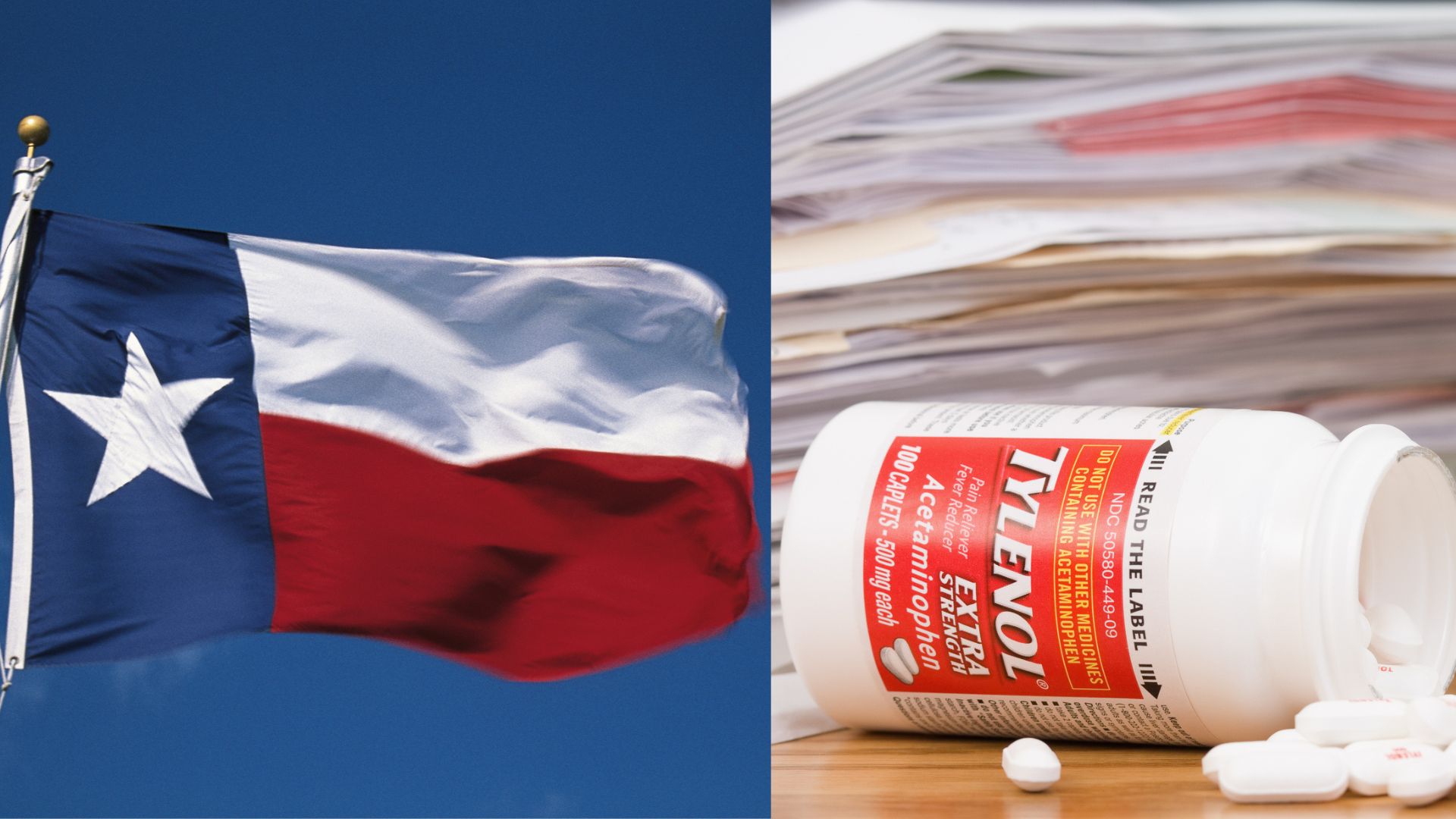
In addition to its investments in forests, solar and wind energy, as well as real estate, Ingka Group has set an ambitious target for 2030: to recycle as many mattresses, plastics, and textiles as IKEA sells during the same period.
The sustainable vision

The investment branch of the Ingka group, the world’s leading IKEA retailer, which manages strategic assets and investments to support the company’s sustainable vision, has announced an investment of over one billion dollars in recycling companies.
Waste management

This effort aims to improve the waste management of IKEA products at the end of their life cycle, such as furniture, mattresses, and bedding items.
An overall reduction

The goal is to reduce the residual waste remaining after incineration or landfilling, thus contributing to an overall reduction in waste.
Two-thirds

Investments will primarily be directed towards companies specializing in textile recycling, with Ingka planning to allocate two-thirds of its investment budget to this sector.
Specialized companies

The remainder of the company’s investments will be dedicated to financing businesses that specialize in recycling mattresses, plastics, and wood.
Legislation

It should be noted that the European Union has recently developed legislation, set to come into effect by 2028, imposing fees on retailers for each textile or clothing item sold.
Growing quantities

The funds raised will be used to finance the sorting and recycling of the increasing amounts of discarded textiles.
Significant challenges

However, this regulation will pose significant challenges for many sectors, affecting both small businesses and large ones, such as IKEA, for which the European Union represents a crucial part of its market.
An ambitious strategy

In addition to its investments in forests, solar and wind energy, as well as real estate, Ingka Group is pursuing an ambitious strategy.
Targeting

By 2030, it aims to recycle as many mattresses, plastics, and textiles as IKEA sells in the same period.
A circular economy

This initiative perfectly aligns with the group’s sustainable development strategy, which aims to reduce its environmental footprint and foster an emerging circular economy.









